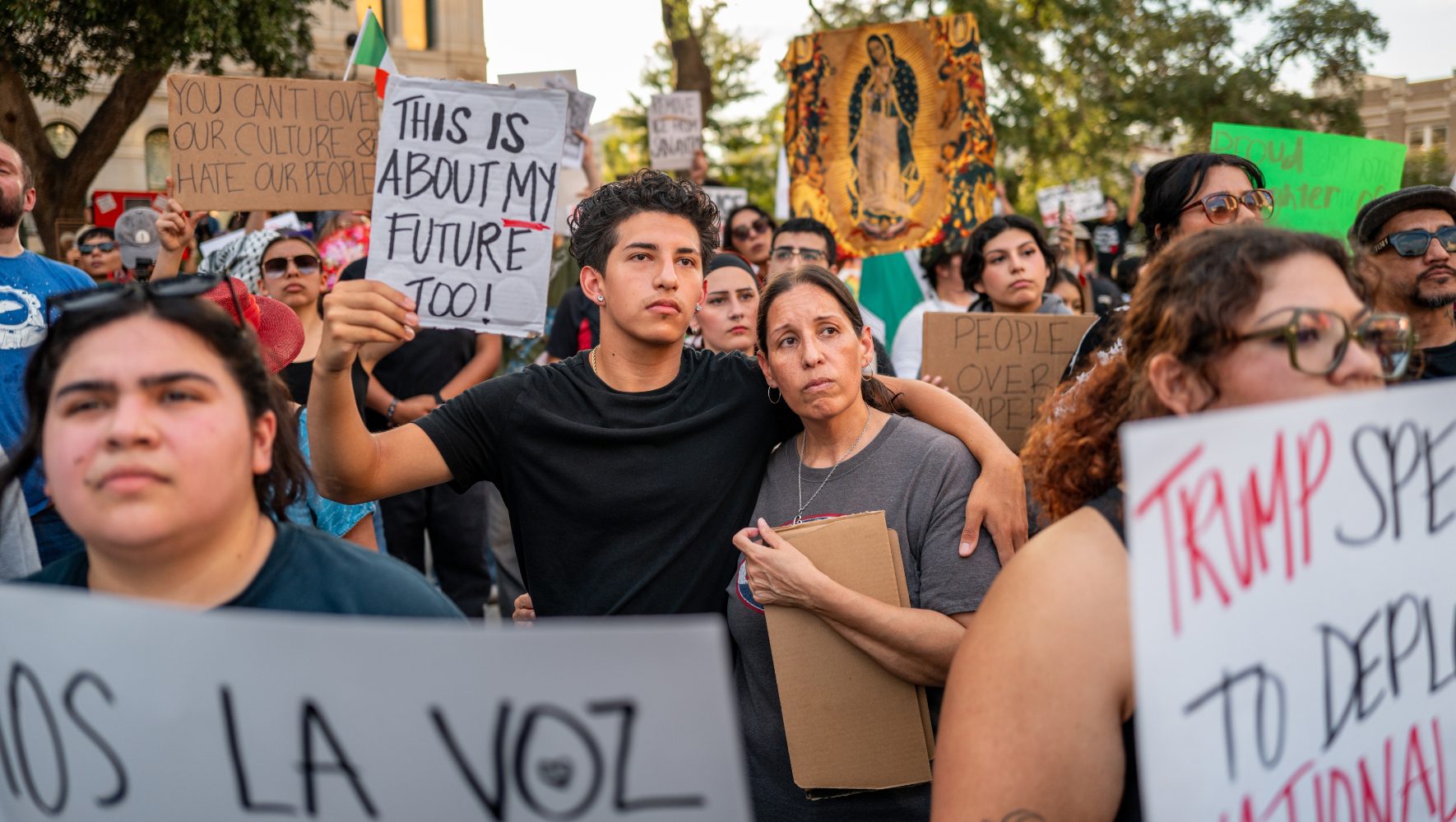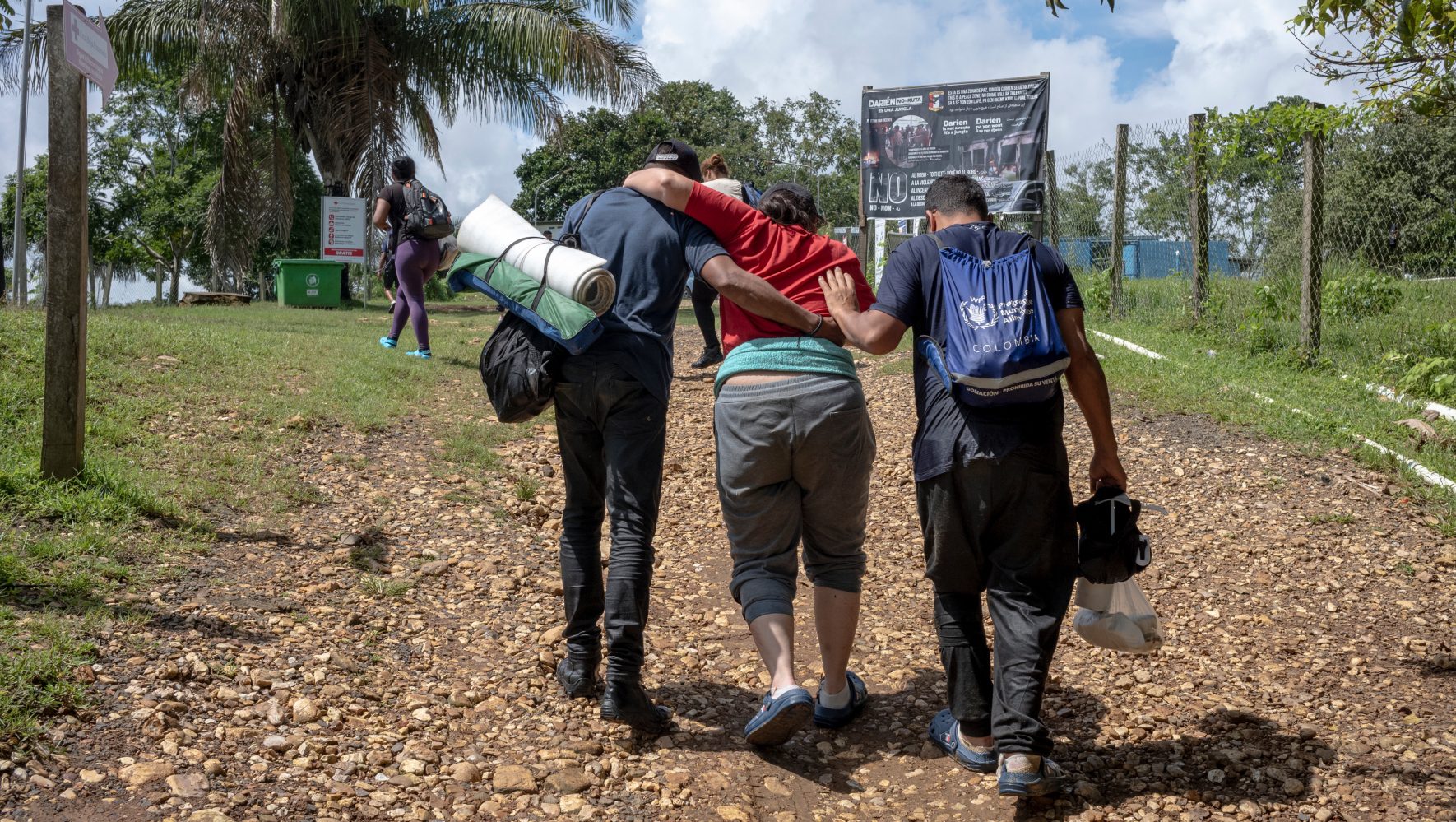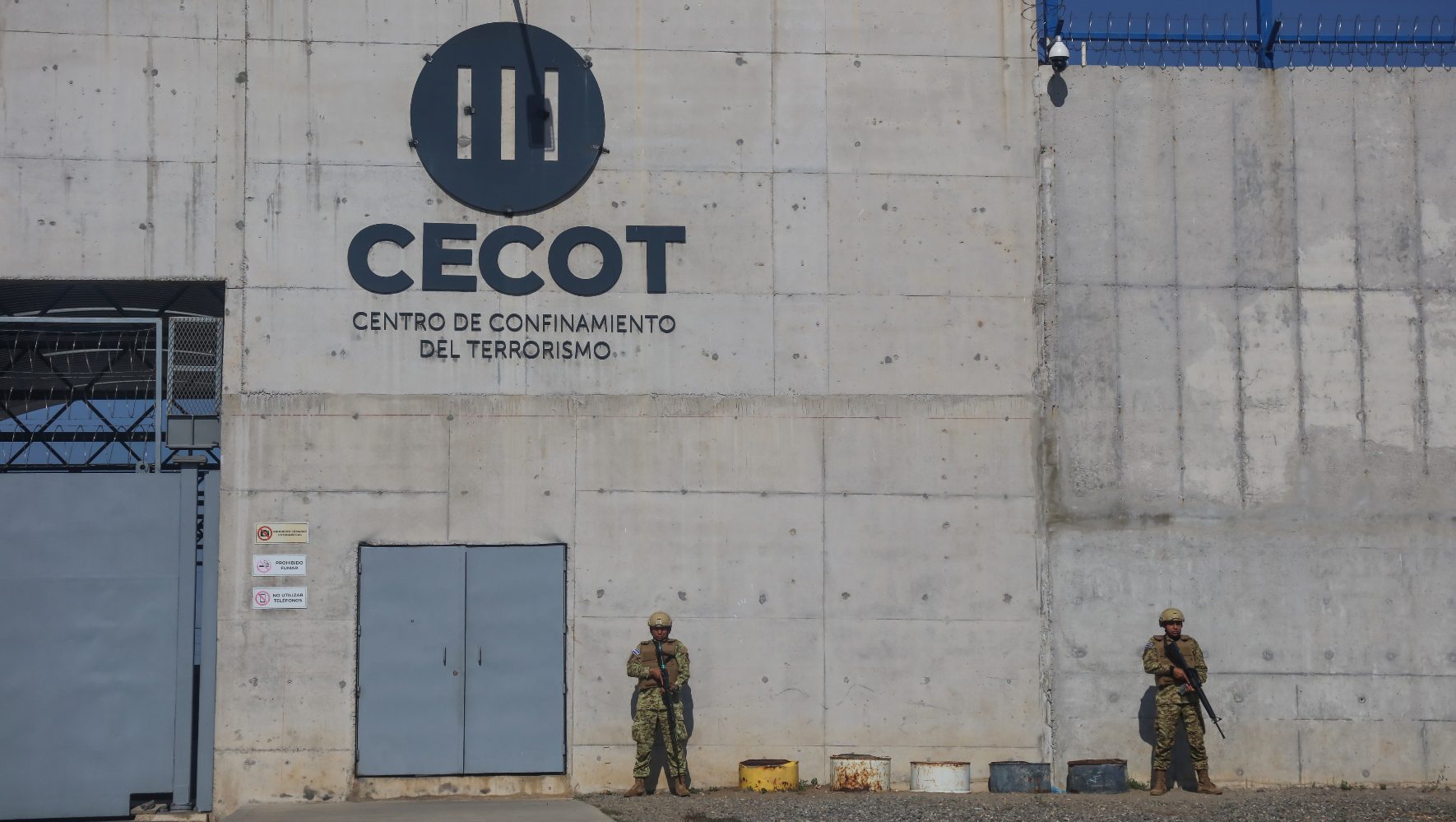Commentary: Setting the Record Straight on Syrian Refugees
Jan 02, 2016
The following letter to the editor from HIAS President and CEO Mark Hetfield was published by The Contra Costa Times on January 2, 2016:
In a Dec. 11 guest commentary, retired professor Abraham Miller expresses concern about Syrian refugees who may be resettled to Contra Costa County. I am writing to allay those concerns, which I am sure are shared by others, with some facts.
I am the president and CEO of HIAS, the global Jewish organization that protects refugees. In Walnut Creek, HIAS resettles refugees in close partnership with Jewish Family and Community Services East Bay.
Miller is concerned that he does not know of any plan for meeting the needs of the refugees, whom he correctly notes have survived the trauma of war. He fears that the host community will confront integration challenges as Europe is facing absorbing Muslims from the Middle East.
The great strength of America in general, however, and of the Bay Area in particular, is that we truly are a nation of immigrants and refugees. Refugees of all religions and ethnicities very quickly identify as Americans.
For Europe, becoming "French" or "German" or even "European" is indeed proving to be a much greater challenge.
Miller speculates that only refugees in camps are eligible for processing, that there are few Christian refugees in camps, and that therefore all resettled Syrian refugees are Muslims. These are myths.
While HIAS does not delineate between camp and "urban" refugees, of the seven Syrian refugee families whom I recently met in Ohio, six were resettled out of Jordan and one out of Egypt. None had spent any time in a refugee camp. All were referred by the United Nations High Commissioner for Refugees (UNHCR), all were thoroughly vetted by the United States government, and all are incredibly grateful to America.
Of all the refugees resettled by HIAS across the country, so far 10 percent of the Syrian refugees resettled have been Christian, and more than 35 percent of Iraqi refugees have been Christian or other non-Muslim minorities.
It is important not to confuse the U.S. refugee resettlement process with the refugees spontaneously arriving in Europe, nor with immigrants and visitors arriving through non-refugee programs.
Refugees coming to the U.S. are subject to more vetting and screening than any other noncitizen arriving in America, subject to multiple layers of screening and review. If one vetting layer is ineffective for a particular refugee, there are numerous others to identify potential security threats.
The Department of Homeland Security recently produced a very helpful video which can tell you more about the process: https://youtu.be/aQUIxQ6TFZc
Finally, refugees are not simply dropped off in places like Walnut Creek -- they are all received and assisted by community-based agencies like HIAS' partner agency, the Jewish Family and Community Services of East Bay, which last year resettled 109 refugees from all over the world (including only one from Syria).
Catholic Charities and the International Rescue Committee, based in Oakland, resettle smaller numbers in Walnut Creek. It is the responsibility of these agencies to welcome the refugees, find them housing, and assist them with employment and integration.
We invite you to join us in welcoming refugees, as the American experience has shown time and time again that refugees, when they are welcomed into our communities, make great contributions.
Refugees are an asset to America, not a burden. This is our tradition.
Mark Hetfield is the president and CEO of HIAS, the global Jewish nonprofit that protects refugees.


